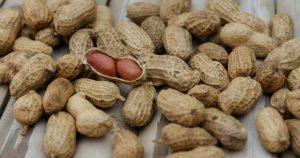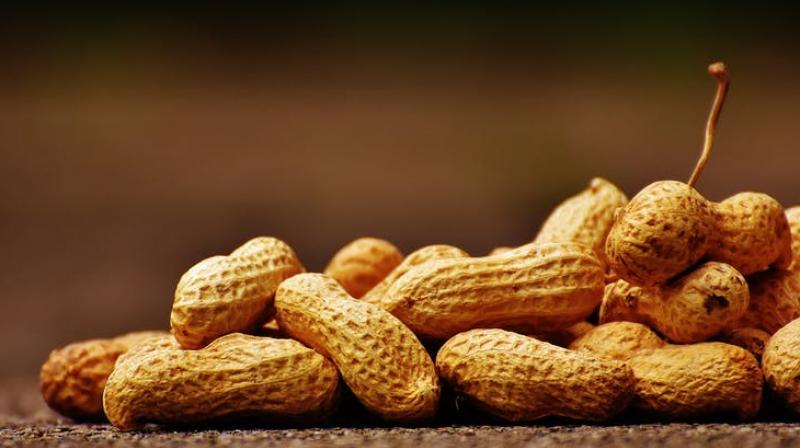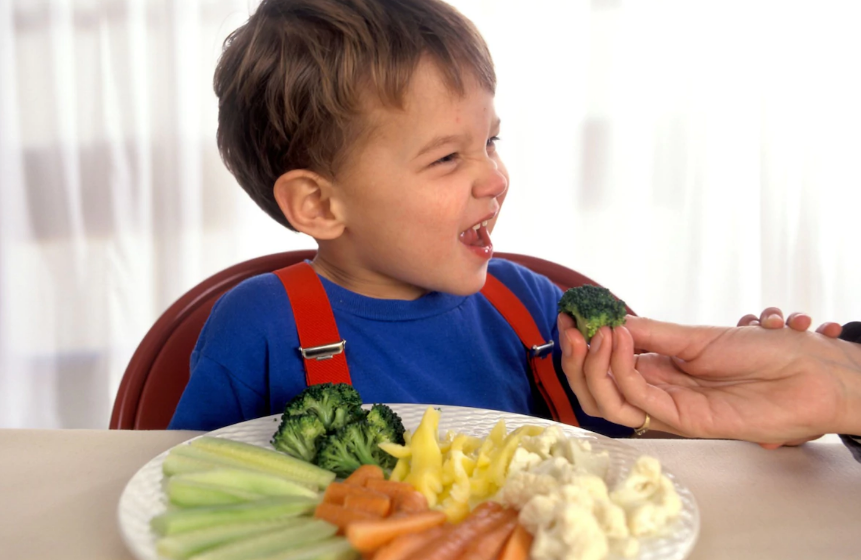
Eating Peanuts While Breastfeeding Reduces Allergy Risks In Future
For a woman, nine months of pregnancy is sufficient to become familiar with all the complex eating regulations issued to expectant mothers. But what about while breastfeeding? We are less sure. Caffeine is said to keep your baby awake, which is something you surely don’t want. As a bonus, it will also keep you awake.
Alcohol can also find its way into the breast milk, so avoiding heavy drinking while nursing is considered sensible.

This article is especially for new mothers. According to the recent study by Canadian researchers, it is found that eating peanuts while breastfeeding may protect their newborn from developing allergies later in their lives. The study showed that the children were five times less likely to develop an allergy if their mothers had eaten nuts before weaning.
“We found that the introduction of peanuts before 12 months of age was associated with a reduced risk of peanut sensitization by school age, particularly among children whose mothers consumed peanuts while breastfeeding,” said Dr. Tracey Pitt, lead study author from the Humber River Hospital in Ontario.

“These results add to emerging evidence that early peanut consumption during infancy can reduce the risk of peanut sensitization later and suggest this risk could be further reduced in breastfed infants by encouraging maternal consumption of peanuts. Both passive peanut exposure through breast milk and peanut introduction in the first year of life may decrease peanut sensitization at age seven.”
The studies have shown that avoiding the nuts during infancy increases the risk of allergy. However, these studies did not address peanut consumption by the mother while breastfeeding. Dr. Meghan Azad from the Children’s Hospital Research Institute of Manitoba in Winnipeg said that this study is the first to consider maternal peanut consumption while breastfeeding together with the timing of peanut introduction to newborns.

The flavor of the vegetables a nursing mother eats is tasted by her baby in the breast milk, and those children who have already been exposed to their greens in this way are more likely to eat them once weaned, researchers at the Monell Chemical Senses Center in Philadelphia found earlier this month. The taste buds of a child whose mum ate her veg have, it seems, already become accustomed to the flavors.
So while you may just crave cake and biscuits for energy, it’s advisable to pack some broccoli into your diet too.
The team analyzed data from an allergy and asthma study that tracked 342 children born in Winnipeg and Vancouver in 1995 from birth to the age of 15. The findings indicated that the children whose mothers consumed peanuts while breastfeeding and directly introduced peanuts before 12 months had the lowest incidence of reactions to peanuts at 1.7 percent.

The rates jumped to 15.1 percent for those whose mothers ate peanuts while breastfeeding but delayed the introduction of peanuts after a year. For women who avoided peanuts themselves but directly introduced them to their babies by 12 months incidences were at 17.6 percent.
The new findings come as the Government’s Scientific Advisory Committee on Nutrition is due to report later this year after reviewing its current advice on peanuts. Earlier this year the National Institutes of Health in the US updated its guidelines, recommending that infants should be exposed to peanut-containing food from as early as four months. The idea is that this will desensitize their immune system.